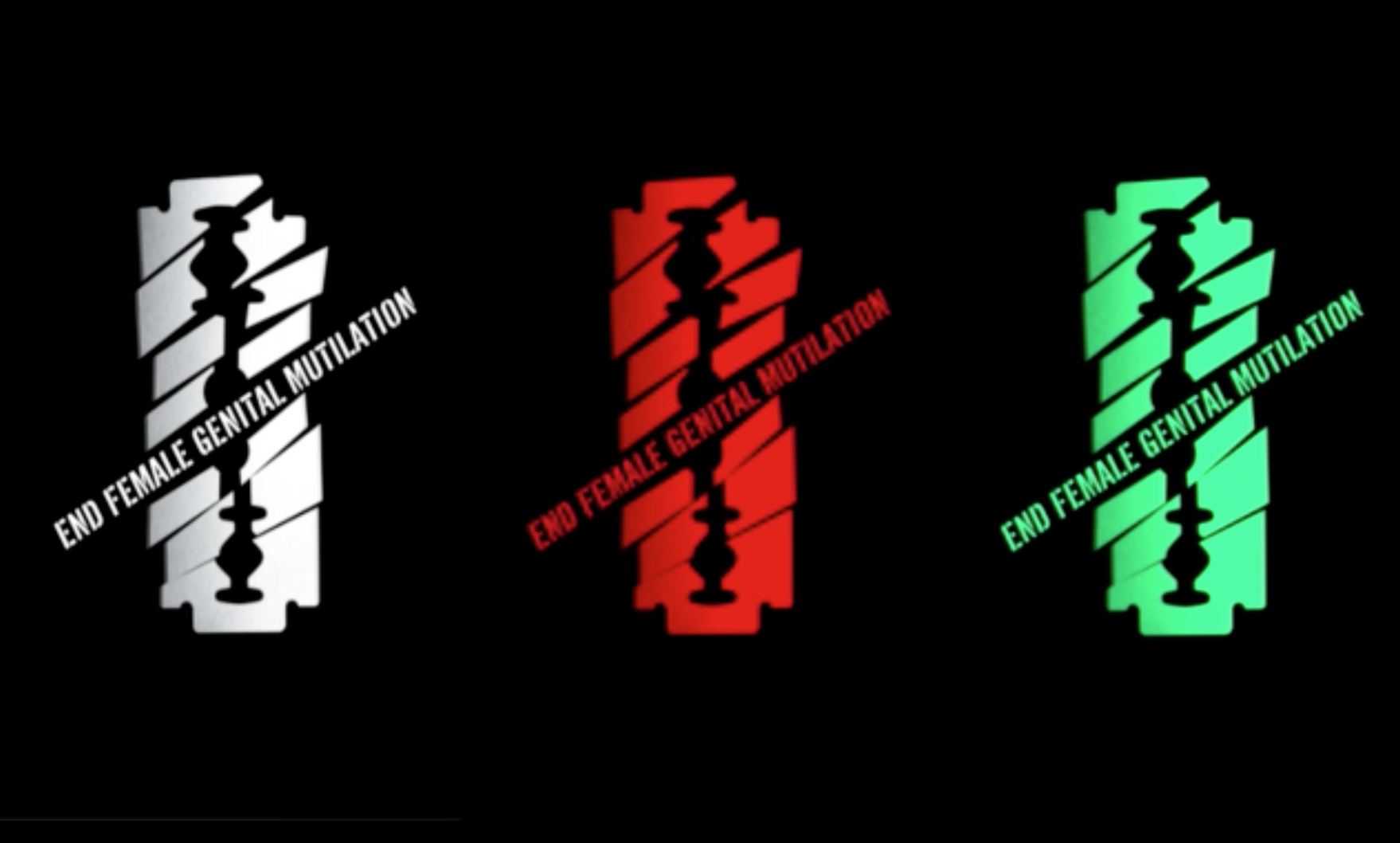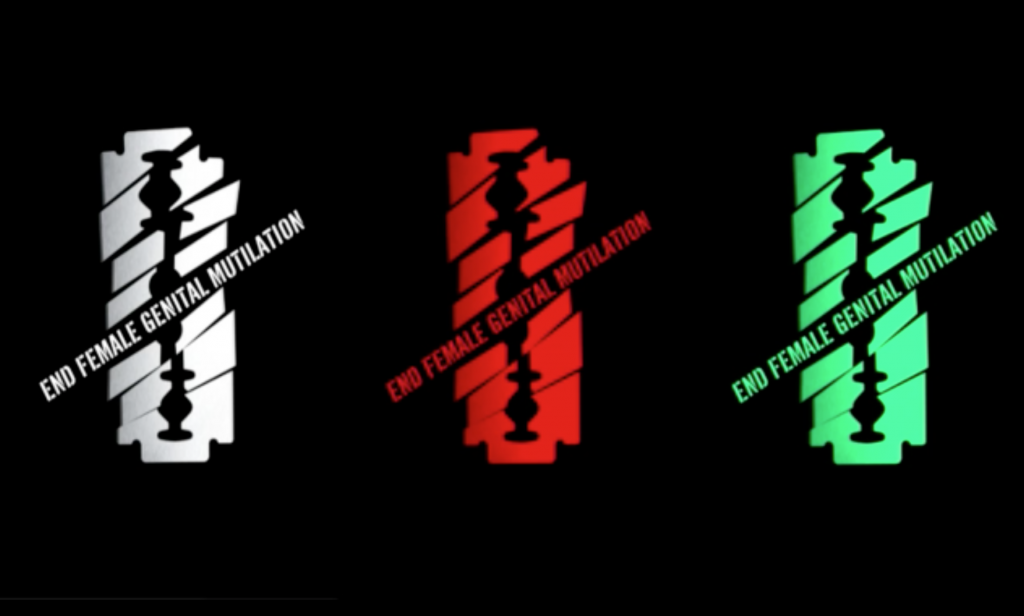A ban on female genital mutilation extends to cases where the ritual cutting was performed in another country prior to the perpetrator coming to Switzerland, the nation’s highest court said on Friday, upholding a Somali woman’s conviction last year.

The woman, who was not identified in Swiss Federal Tribunal documents, had two daughters circumcised in their homeland in 2013 before immigrating to Switzerland in 2015 to join family already in the European country.
She was found guilty in 2018 of female genital mutilation (FGM) by a regional Swiss court, where she received a suspended eight-month jail sentence. She appealed, arguing that the mutilation occurred in the Somali capital Mogadishu at a time when she had no ties to Switzerland.
The court rejected that argument, saying a Swiss ban on FGM that was tightened in 2012 by lawmakers to prevent people living in the country from taking their daughters abroad to be circumcised applied in this case, too.
“Female genital mutilation is also punishable if the offense is committed abroad, the perpetrator is in Switzerland and is not extradited,” the Swiss court said, adding that the prohibition could extend to people in transit through the country as well.
The law’s intent, the Swiss court said, was to enact the “greatest possible restraint” to put a halt to the ritual. In its most extreme form, the external genitalia are removed and the vagina sewn up.
An estimated 55 million girls in Africa have undergone FGM or are considered at risk. Somalia has the world’s highest prevalence, with 98 percent of women having undergone the procedure by a traditional cutter.
While some believe the rite is an important tradition and a religious obligation, FGM is not mentioned in the Koran.
Last year, Somalia began the country’s first-ever FGM prosecution after the death of a 10-year-old girl, the Thomson Reuters Foundation reported.

